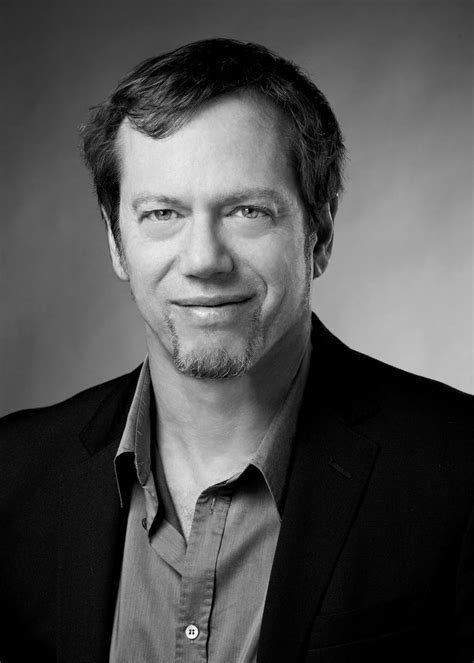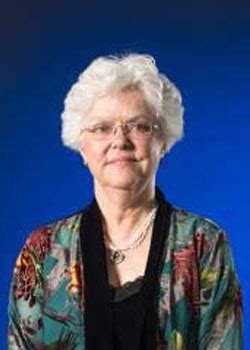A Quote by Mary Hesse
Outside the practice of science itself, scientists have sometimes been the greatest offenders in adhering to dogmatic ideas against all the evidence.
Related Quotes
The fact that scientists do not consciously practice a formal methodology is very poor evidence that no such methodology exists. It could be said-has been said-that there is a distinctive methodology of science which scientists practice unwittingly, like the chap in Moliere who found that all his life, unknowingly, he had been speaking prose.
We should all oppose - as Darwin did - views manifestly in conflict with the evidence, such as creationism... But we shouldn't set up this debate as 'religion v science'; instead we should strive for peaceful coexistence with at least the less dogmatic strands of mainstream religions, which number many excellent scientists among their adherents.
The principle itself of dogmatic religion, dogmatic morality, dogmatic philosophy, is what requires to be rooted out; not any particular manifestation of that principle. The very corner-stone of an education intended to form great minds, must be the recognition of the principle, that the object is to call forth the greatest possible quantity of intellectual power, and to inspire the intensest love of truth.
Historians of a generation ago were often shocked by the violence with which scientists rejected the history of their own subject as irrelevant; they could not understand how the members of any academic profession could fail to be intrigued by the study of their own cultural heritage. What these historians did not grasp was that scientists will welcome the history of science only when it has been demonstrated that this discipline can add to our understanding of science itself and thus help to produce, in some sense, better scientists.
I don't think any administration, when they come in, thinks that their job is to tell the scientists what the science looks like or to be quiet about the science. Scientists need to remain true and not allow science to be politicized. Scientists are not politicians, and no politician should consider themselves to be a scientist.
Is there some magic wand they can wave on it and presto! - physics is overturned and carbon dioxide doesn't trap heat anymore? And when we see all these things happening on the Earth itself, what in the hell do they think is causing it? The scientists have long held that the evidence in their considered word is "unequivocal," which has been endorsed by every national academy of science in every major country in the entire world.
Science is a way of getting knowledge. It's a method. It's a method that really relies on making mistakes. We propose ideas, they are usually wrong, and we test them against the data. Scientists do this in a formal way. It's a way that everyone can go through life; that's how we should be teaching science from a very young age.
Science has long been in the value business. Despite a widespread belief to the contrary, scientific validity is not the result of scientists abstaining from making value judgments; rather, scientific validity is the result of scientists making their best efforts to value principles of reasoning that link their beliefs to reality, through reliable chains of evidence and argument.
Good science is more than the mechanics of research and experimentation. Good science requires that scientists look inward-to contemplate the origin of their thoughts. The failures of science do not begin with flawed evidence or fumbled statistics; they begin with personal self-deception and an unjustified sense of knowing.








































